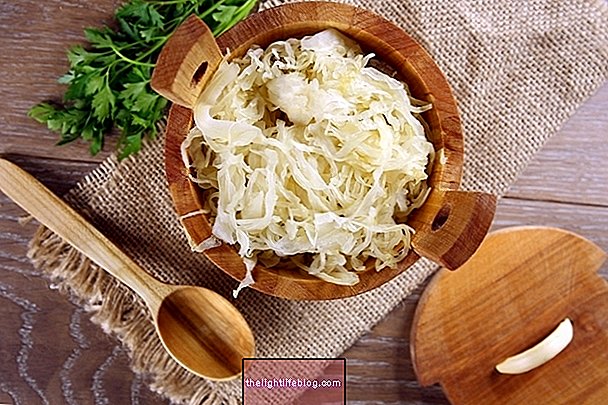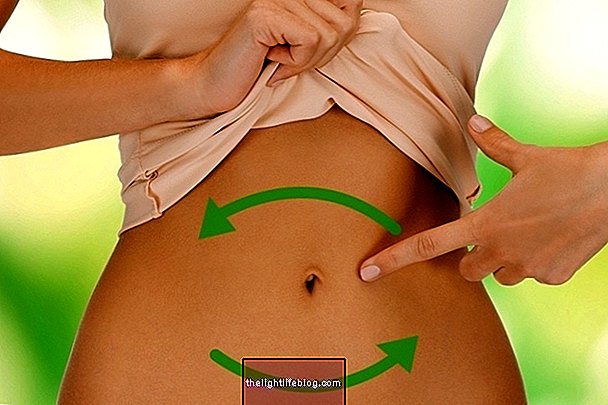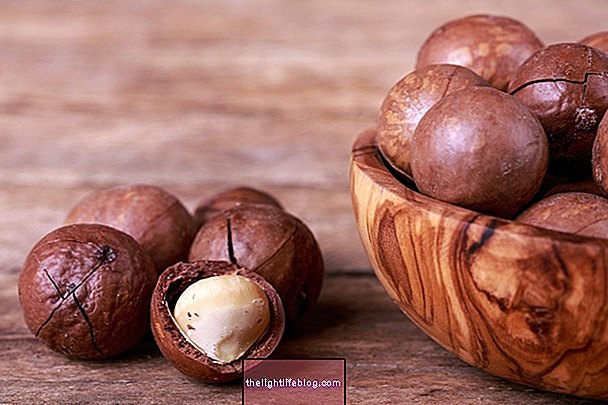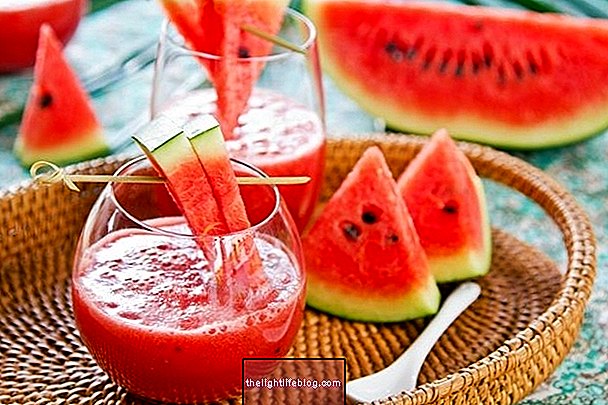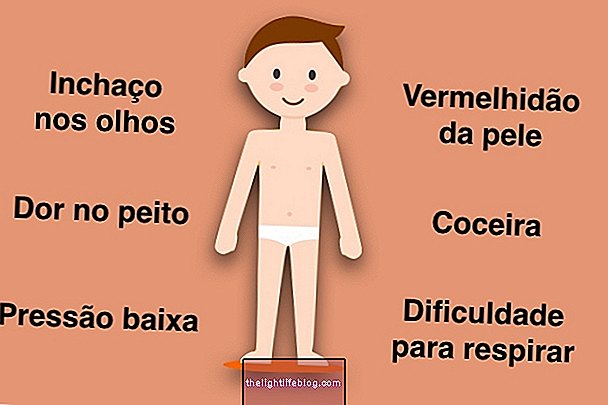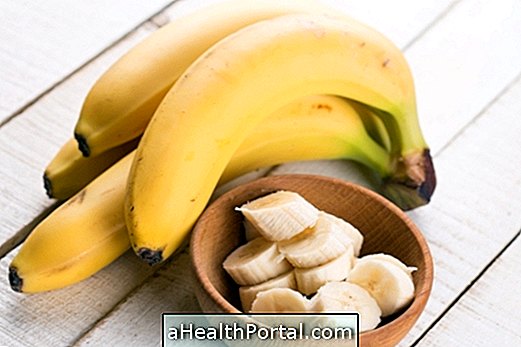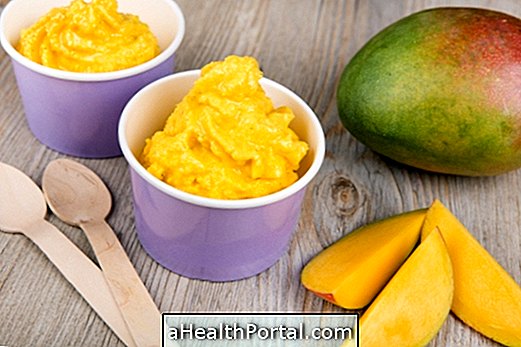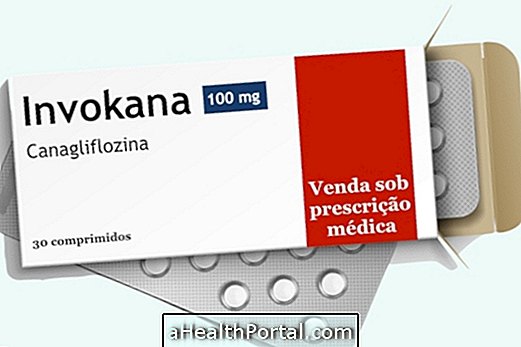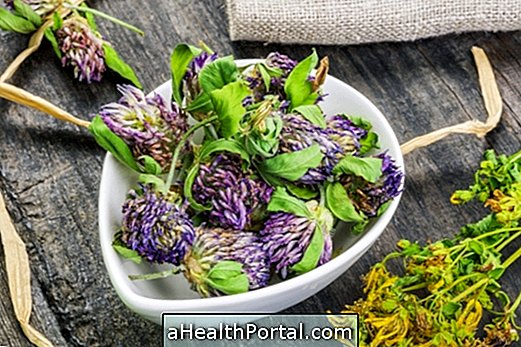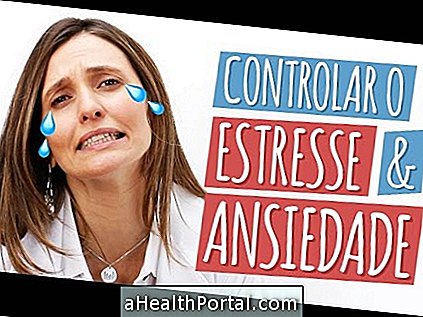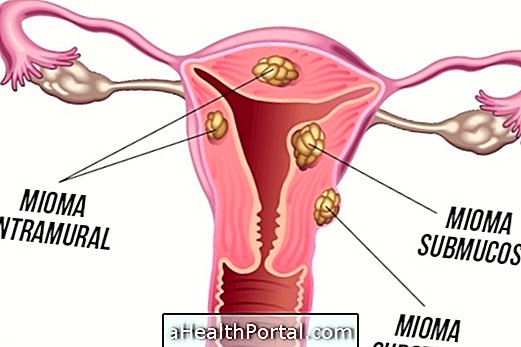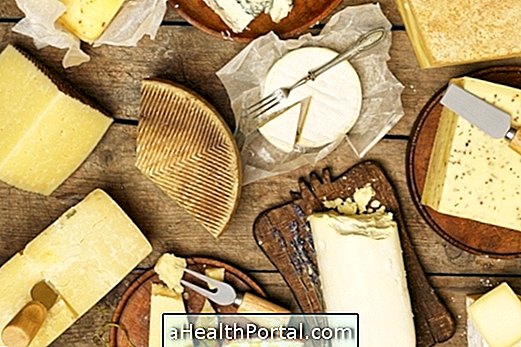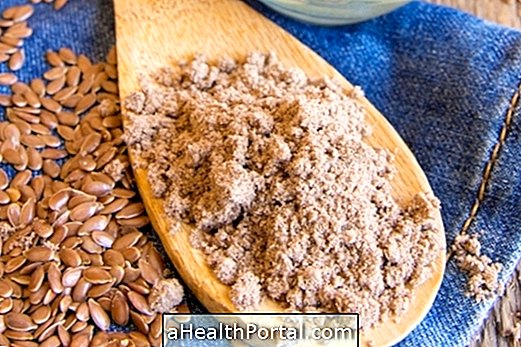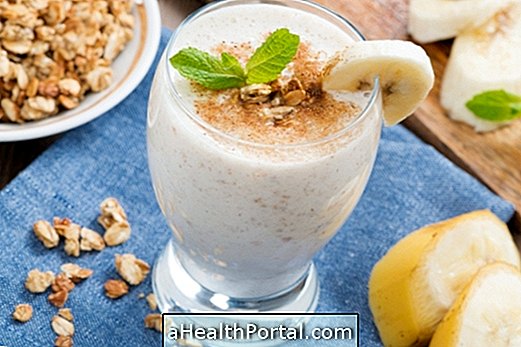Proteins, carbohydrates and fats play an important role before physical activity, as they provide the energy needed for training and promote muscle recovery. The amounts and proportions in which these macronutrients should be consumed vary according to the type of exercise to be performed, the duration of the training and the person himself.
Knowing what to eat and eating a balanced diet helps to improve the performance of physical activity and to reduce the risk of hypoglycemia, cramps and muscle pain during and after training. For these reasons, the ideal is to consult a sports nutritionist so that, through an individual assessment, you can indicate a diet plan adapted to the person's needs.

What to eat
The foods that can be consumed before training will depend on the type of physical activity that will have to be performed, as well as its duration. Therefore, for exercises that involve resistance and that last more than 90 minutes, the ideal is to consume a meal rich in carbohydrates, as this macronutrient is important for our muscles, allowing us to offer the necessary energy to the body to carry out the training.
For exercises with less intensity, the ideal is to consume carbohydrates and a small portion of protein, which will give energy to the body and promote muscle growth and repair. And, in the case of moderate intensity exercises, the inclusion of fats can be an excellent option, also as a source of energy, as long as in small portions.
Therefore, the foods chosen before training depend on the individual goal of each person, gender, weight, height and type of exercise to be performed, being ideal is to look for a sports nutritionist to carry out an assessment and develop a nutritional plan appropriate to the needs of the person. people.
Food options to eat before training
The foods that can be eaten before training depend on the time that elapses between the foods eaten and the training. Therefore, the closer the meal is to training, the softer it should be, to avoid any discomfort.
Some snack options that can be consumed between 30 minutes to 1 hour before training are:
- Natural yogurt with a portion of fruit;
- 1 fruit with a portion of nuts, such as nuts or almonds, for example;
- Cereal bar;
- Jelly.
When there is still 1 or 2 hours left for training, the snack can be:
- 1 cup of cinnamon flakes;
- 1 fruit smoothie made with yogurt or milk;
- 1 cup of whole grain cereal with skimmed milk or yogurt;
- 1 packet of biscuits or rice with avocado and onion cream;
- 1 oat pancake, banana and cinnamon with white cheese or peanut butter;
- 2 scrambled eggs with wholemeal bread or toast.
- 2 slices of wholemeal bread with white cheese, tomato and lettuce.
If exercise is practiced more than 2 hours apart, it usually coincides with the time of the main meal, such as breakfast, lunch or dinner.
Sample menu for main meals
If the exercise is practiced more than 2 hours apart and coincides with the main meal, the meals can be as follows:
The amounts included in the menu vary according to age, sex, amount and type of physical activity performed. If the person suffers from any health condition, the ideal is to seek a nutritionist for a complete assessment and to prepare a nutritional plan appropriate to their needs.
Was this information helpful?
Yes No
Your opinion is important! Write here how we can improve our text:
Any questions? Click here to be answered.
Email in which you want to receive a reply:
Check the confirmation email we sent you.
Your name:
Reason for visit:
--- Choose your reason --- DiseaseLive betterHelp another personGain knowledge
Are you a health professional?
NoMedicalPharmaceuticalsNurseNutritionistBiomedicalPhysiotherapistBeauticianOther
Bibliography
- FRONTIERS IN NUTRITION. Effects of Protein Supplementation on Performance and Recovery in Resistance and Endurance Training. 2018. Available at:. Accessed on 02 Jun 2020
- ROSENBLOOM Christine. Food and Fluid Guidelines Before, During, and After Exercise. Nutrition Today Journal. 47. 2; 63-69, 2012
- ATHISAYARAJ Aldrin. Importance of Sports Nutrition and Understanding Metabolism Process in Sports Activities. 1; 1-7, 2017
- DARIES Haykey. Nutrition for Sport and Exercise: A Practical Guide . 1st. Oxford, United Kingdom: Wiley- Blackwell, 2012.

